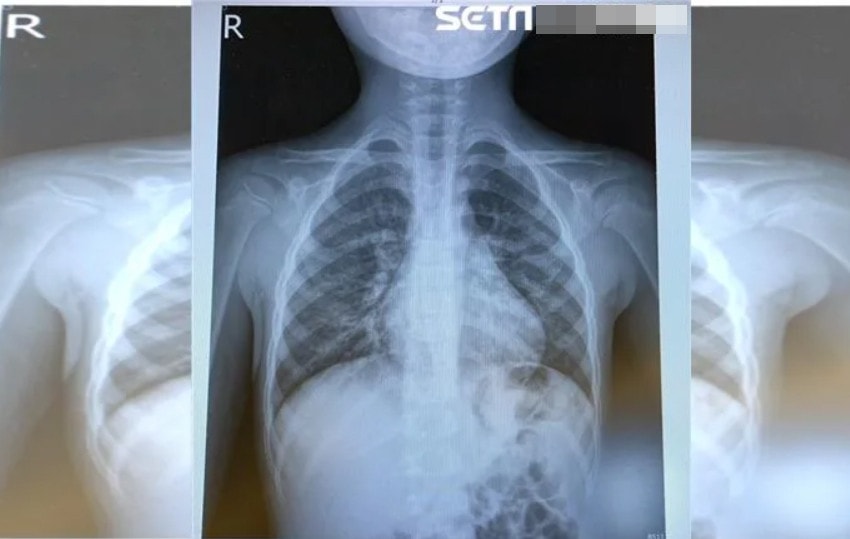China is facing an epidemic of HMPV virus, which most affects the elderly and children.

The Chinese Center for Disease Control and Prevention recently warned that the number of human metapneumovirus (HMPV) infections, which have symptoms similar to influenza and Covid-19, has increased significantly in China in early winter.
Children under 5 years of age, the elderly, and people with weakened immune systems are all at high risk of contracting the virus. There is currently no vaccine or specific treatment for HMPV.
Common symptoms of Metapneumovirus infection include cough, fever, nasal congestion and difficulty breathing. It is one of the main causes of acute respiratory infections in children under 5 years of age.
In severe cases, the virus can cause severe bronchitis or pneumonia in children under 5 years of age. In older adults, HMPV can cause lung infections or worsen asthma.
Based on information from the newspaperHK01, Singaporeand Chinese media, the Chinese Center for Disease Control and Prevention recently said that acute respiratory infectious diseases in this country will continue to increase in the coming time, especially HMPV. This virus was first discovered by Dutch researchers in 2001.
According to data compiled from key hospitals across China, the proportion of patients under 14 years old testing positive for HMPV has increased rapidly since the beginning of this year.
Dr. Ta Ton Hoc, Director of the Pediatric Emergency Department of the Hospital Affiliated to the University of Medicine (China), said that currently, there is no specific medicine to treat HMPV, but mainly relies on various supportive therapies.
In addition, this doctor said that HMPV is easily transmitted through close contact, and wearing a mask cannot completely prevent the virus. Therefore, Dr. Ta advised everyone to immediately take two measures: wash hands frequently and avoid gathering in crowded places, touching each other's eyes, ears, mouth or nose.
Everyone should wash their hands before preparing food or eating; after using the toilet; after coughing, blowing their nose or sneezing; after caring for someone who is sick; and after handling waste. Elderly people, children, or people with serious chronic diseases should try to avoid crowded public places. If they really need to go out, they should wear a mask properly.
HA (according to Vietnamnet)